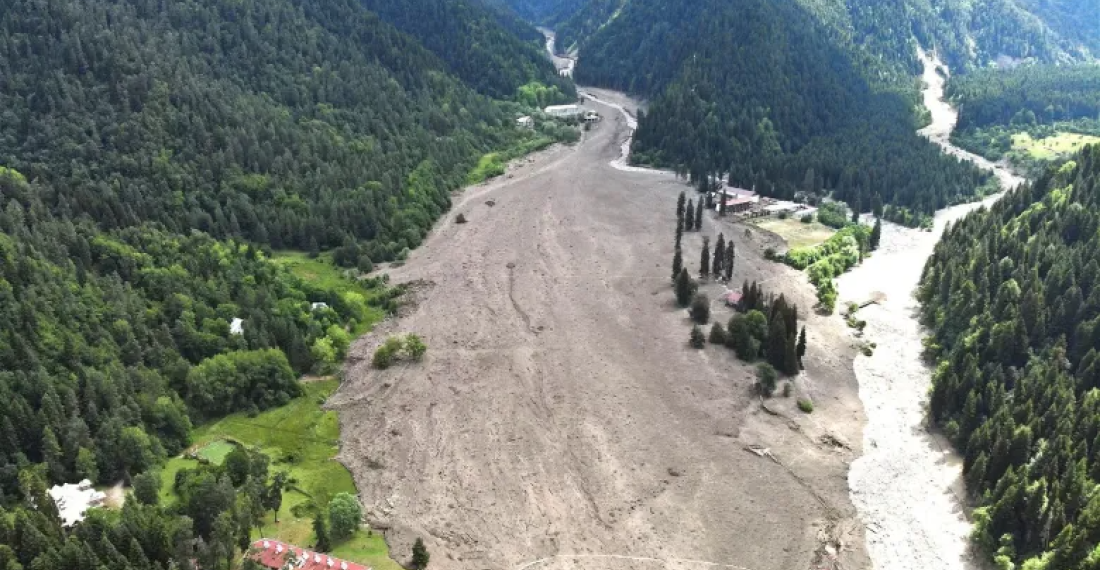At least 20 people are confirmed to have been killed by a landslide in Shovi, northern Georgia, on Thursday last week (3 August).
The Speaker of the Georgian Parliament, Shalva Papuashvili, gave the latest update on Wednesday morning (9 August).
According to the Georgian Ministry of Internal Affairs, around a dozen people remain unaccounted for. Immediately after the disaster struck around 70 people were moved to a safe area, and according to a statement from the Ministry of Internal Affairs, two border police helicopters and around 400 rescuers had been deployed in the first night of the rescue operation. 210 people were successfully evacuated from the affected area.
Tweeting on 8 August, U.S. Secretary of State Antony Blinken offered his condolences and "praised the incredible dedication of first responders who are working tirelessly to save lives and attend to the injured".
Monday (7 August) was also declared a day of national mourning in Georgia for the victims of the landslide, with church services occurring across the country as well as flags being flown at half mast. Georgian Prime Minister Irakli Garibashvili visited the site of the landslide early on Friday afternoon, while President Salome Zourabichvili offered her condolences to the families of the victims and said she was praying for the rescue of the rest of those still unaccounted for.
"We know how to stand together in the face of such tragedies, it’s important that we stand together and help people in need," she said.






